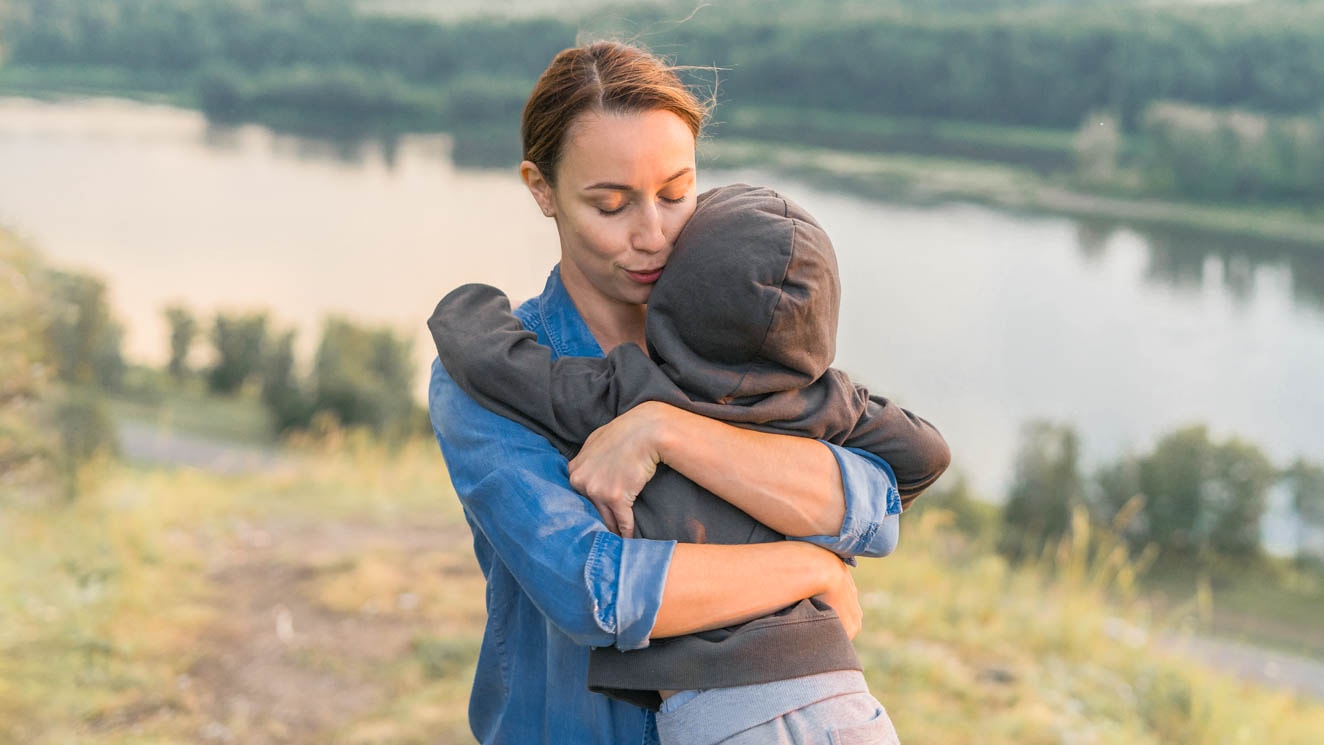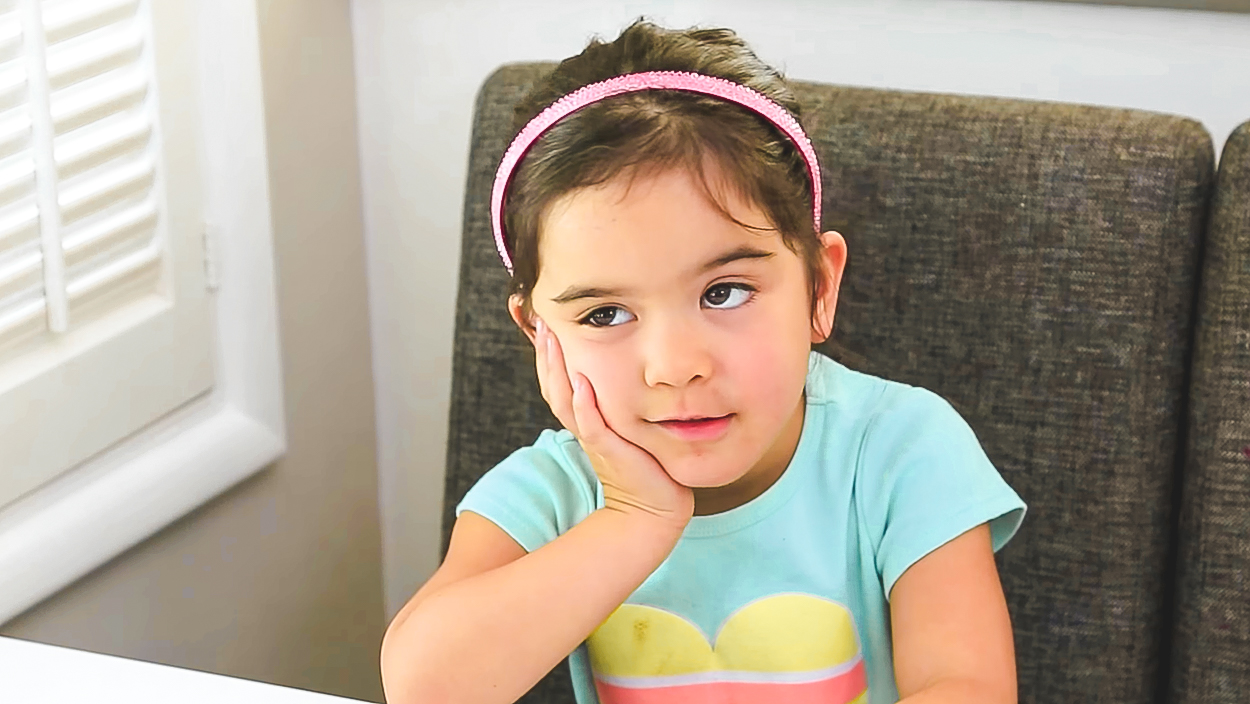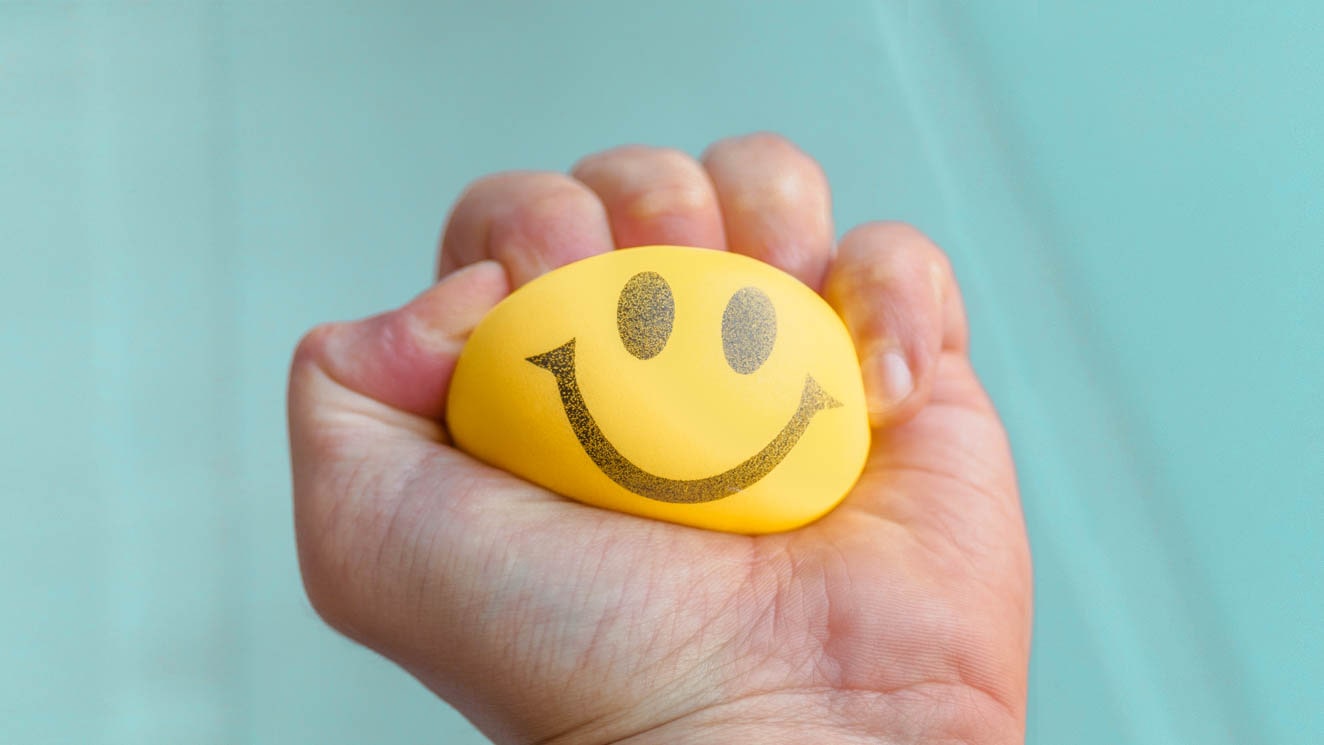

Thus far, I’m actually pretty proud of myself for keeping a (mostly) even keel on my Coronavirus anxiety. I’m adjusting my actions while not ramping up my fear. But this hasn’t always been easy for me.
As someone who grew up with a “prepper” for a dad (no joke, he has an underground bunker stocked with SPAM and is feeling very smug right about now), I’ve spent much of my life existing in end-of-the-world disaster mode. But over the years, I’ve had to learn to reign in the anxiety provoked by my dad’s “be prepared” messaging. By now, I’ve had a long time to practice strategies for helping me live comfortably in the space between panic and practical caution. Here are four ways I’m coping with my Coronavirus anxiety right now – even as the situation changes rapidly day by day.
1) I’m re-adjusting my online “rules.”
Before quarantine, I kept really strict boundaries with my time online, mostly because I know how easy it is for me to fall into the black hole of social media (and get ragey over Facebook posts or jealous of someone’s Instagram life). But now that my only connection to the outside world is through the internet, I’ve had to reevaluate my online rules. Otherwise, I’d be feeling totally isolated.
So my goal now is to draw new boundaries that both a) help me reign in anxiety (so this means unfollowing scaremongering Facebook friends) but also b) let me use screen time for good, AKA actual connection (like virtual yoga classes and Zoom happy hour with friends). I don’t always strike the right balance, but I’m learning what works for me day by day. I can usually tell when things aren’t working well because I feel really disconnected from my physical life. The “good” online time should make me feel more like my pre-quarantine self, not like an isolated zombie.
2) I’m limiting the amount of time I spend consuming news.
Don’t get me wrong: I’m staying informed. But every media outlet in the world is covering Coronavirus around the clock, and because the developments have been moving quickly, it can be very overwhelming to stay on it in real-time. So I choose a couple trusted sources to check in with at set times of the day. I give myself 15 minutes in the morning while the kids are still sleeping, and another opportunity to check in with the news after they’re in bed. That way, if (or, really, when) the news affects my emotions, I don’t have to try to switch gears into nurture-mode before I’m ready. And by putting a cap on how much I consume, I can avoid feeling buried in fear by the sheer volume of coverage.
3) I’m being a rule-follower like never before.
Taking the advice of experts I trust and following prevention measures outlined by the CDC and local officials helps me feel like I’m doing my part. Sheltering in place, home-made masks, hand-washing and all the rest feel downright cathartic to me right now. All of it helps me feel that I’m doing what I can to help flatten the curve (and keep my family healthy).
People can argue all they want about whether shoes in the house can pose a threat, or whether they want to wipe down grocery items or Amazon packages; different experts and articles will say different things. But I’ve decided to err on the side of caution — so, yes, that’s masks for going out — because it helps me feel calm. People argue about whether or not it’s totally necessary, but everyone — experts included — are learning about this virus in real time, so I’m just finding some comfort in creating some rules for me.
4) I’m keeping my kids in the loop as much as is appropriate.
My elementary-aged kids are getting snippets of news here and there from conversations they overhear, or from tidbits dropped by classmates online. This is an uncertain time for everyone, and it’s especially hard for kids to process it when they don’t have a good grasp on what is happening in the world and when this will all be over.
Helping them navigate this new normal is my job, and I’m giving them the facts they need to know to keep them cautious but not scared of everyday life. That means reminding them to wash their hands (obviously), letting them know that we’re ready to care for them if they get sick, and sharing with them big news items while giving them lots of space to ask questions. Being as open as possible — in a way that isn’t alarmist or more than they can handle — not only helps them, but it reminds me to focus on the things that I can control, rather than worry about the what ifs. After all, it’s all too easy to focus on those what ifs.







